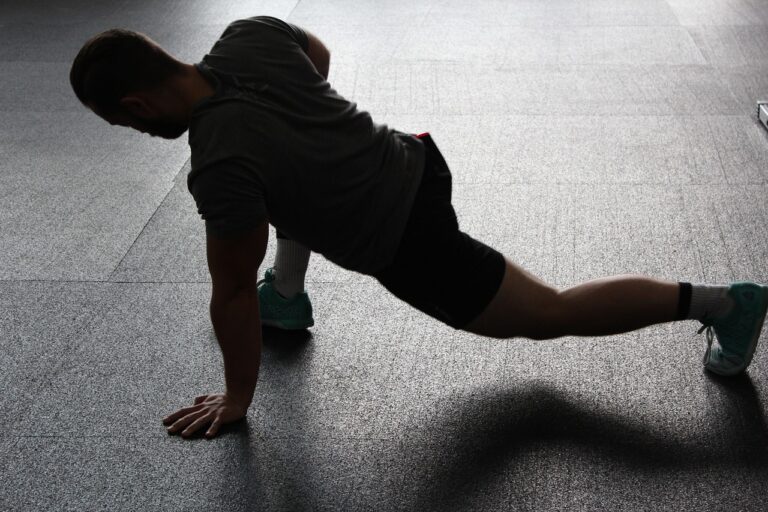Understanding the Link Between Exercise and Immune Function: Allpaanel, Cricket bet 99, Lotus 365.win
allpaanel, cricket bet 99, lotus 365.win: Exercise and Immune Function
Exercise is not only beneficial for your physical health but also plays a significant role in boosting your immune function. Many studies have shown a strong link between regular physical activity and a healthy immune system. So, what exactly is the connection between exercise and immune function, and how can you make the most of it? Let’s dive into the details.
1. How Does Exercise Boost Immune Function?
When you engage in moderate exercise, such as brisk walking, jogging, cycling, or swimming, your body produces more white blood cells, which are crucial for fighting off infections. Regular physical activity also helps flush bacteria out of the lungs and airways, reducing your chances of getting sick.
2. The Impact of Intense Exercise
While moderate exercise is beneficial for your immune system, intense workouts can temporarily suppress immune function. This is because high-intensity exercise causes stress on the body, leading to an increase in cortisol levels, which can compromise immune function. It’s essential to find a balance between challenging workouts and giving your body enough time to rest and recover.
3. Consistency Is Key
To reap the immune-boosting benefits of exercise, it’s essential to be consistent with your workout routine. Aim for at least 150 minutes of moderate-intensity exercise per week, spread out over several days. This could include activities like brisk walking, running, cycling, or swimming.
4. The Role of Nutritious Diet
In addition to regular exercise, maintaining a healthy and balanced diet is also crucial for supporting your immune system. Make sure to incorporate plenty of fruits, vegetables, whole grains, lean proteins, and healthy fats into your meals. Hydrating adequately and getting enough sleep are also essential for optimal immune function.
5. Timing Your Workouts
Some research suggests that exercising at certain times of the day may have a more significant impact on immune function. For example, working out in the morning may help boost immune response and improve sleep quality. Listen to your body and find the best time that fits your schedule and makes you feel energized.
6. Managing Stress Levels
Chronic stress can weaken your immune system, making you more susceptible to illness. Incorporating stress-reducing activities such as yoga, meditation, deep breathing exercises, or spending time in nature can help support your immune health. Remember, a healthy mind contributes to a healthy body.
FAQs:
1. Can I exercise when I’m sick?
It’s generally best to rest and allow your body to heal when you’re feeling under the weather. Pushing yourself to exercise when sick can further weaken your immune system. Listen to your body and take a break until you’re feeling better.
2. How soon after an illness can I resume exercising?
Once you start feeling better, ease back into your workout routine gradually. Start with low-intensity activities and monitor how your body responds. If you experience any symptoms worsening, take a step back and give yourself more time to recover.
3. Is it okay to exercise outdoors during cold weather?
Exercising outdoors in cold weather is generally safe if you dress appropriately and take precautions to avoid frostbite or hypothermia. Layer up with moisture-wicking clothing, wear a hat and gloves, and stay hydrated. Listen to your body and seek shelter if you start feeling too cold.
In conclusion, regular exercise plays a vital role in supporting your immune system. By incorporating physical activity into your daily routine, eating a nutritious diet, managing stress levels, and prioritizing rest, you can help strengthen your body’s defenses and stay healthy. Remember, balance is key challenge yourself with workouts, but also make time for recovery and self-care. Stay active, stay healthy!







